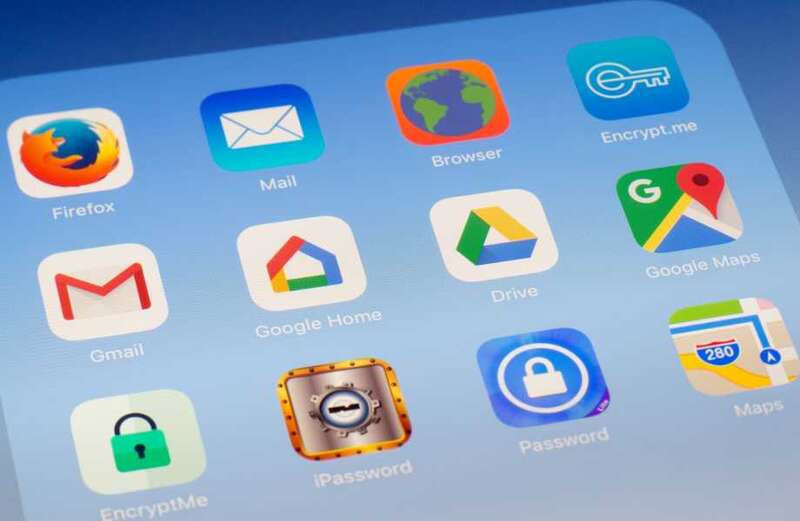GOOGLE maps has launched a major update which includes a sneaky new feature that hides travel activity.
The tech giant has now said that the data of users of their Map App who have their location history enabled will soon be saved directly on their devices, rather than on the company's servers.


The move follows a rising number of so called 'Geofence' search warrants, when officials demand to see the location history of crime suspects.
Google has now said that users who have the location history enabled will be able to block the tech giant from viewing their location history, reports the Mirror.
And if the user decides to turn on location history, the auto-delete will be set to three months rather than 18.
 Pub delivers five-word response to critics of its 'slow' carvery service
Pub delivers five-word response to critics of its 'slow' carvery service
Marlo McGriff, director of product for Google Maps, said to the Daily Mail: "Your location information is personal.
"We're committed to keeping it safe, private and in your control."
Bloomberg Businessweek has found that police across the United States were increasingly using warrants to obtain location and search data from the company.
The use of geofence warrants hit the headlines after an arson attack outside the home of a woman who accused singer R Kelly of sexual assault.
When the woman's car was set on fire Google gave out the IP addresses of people who searched for the arson victim's address.
Police later used the data to arrest a suspect who was related to the singer's publicist.
However the American Civil Liberties Union has hit out at the use of the warrants, arguing they violated the US's Fourth Amendment.
Responding from the latest announcement from Google,
Jake Laperruque, deputy director of the security and surveillance project at the Center for Democracy & Technology, said: "It’s a good win for privacy rights and sets an example."
 Millions of Android owners could slash 'vampire bills' – how to save money
Millions of Android owners could slash 'vampire bills' – how to save money



































